Could The Ford Mustang V8 Live On With A Hydrogen-Combustion Engine?
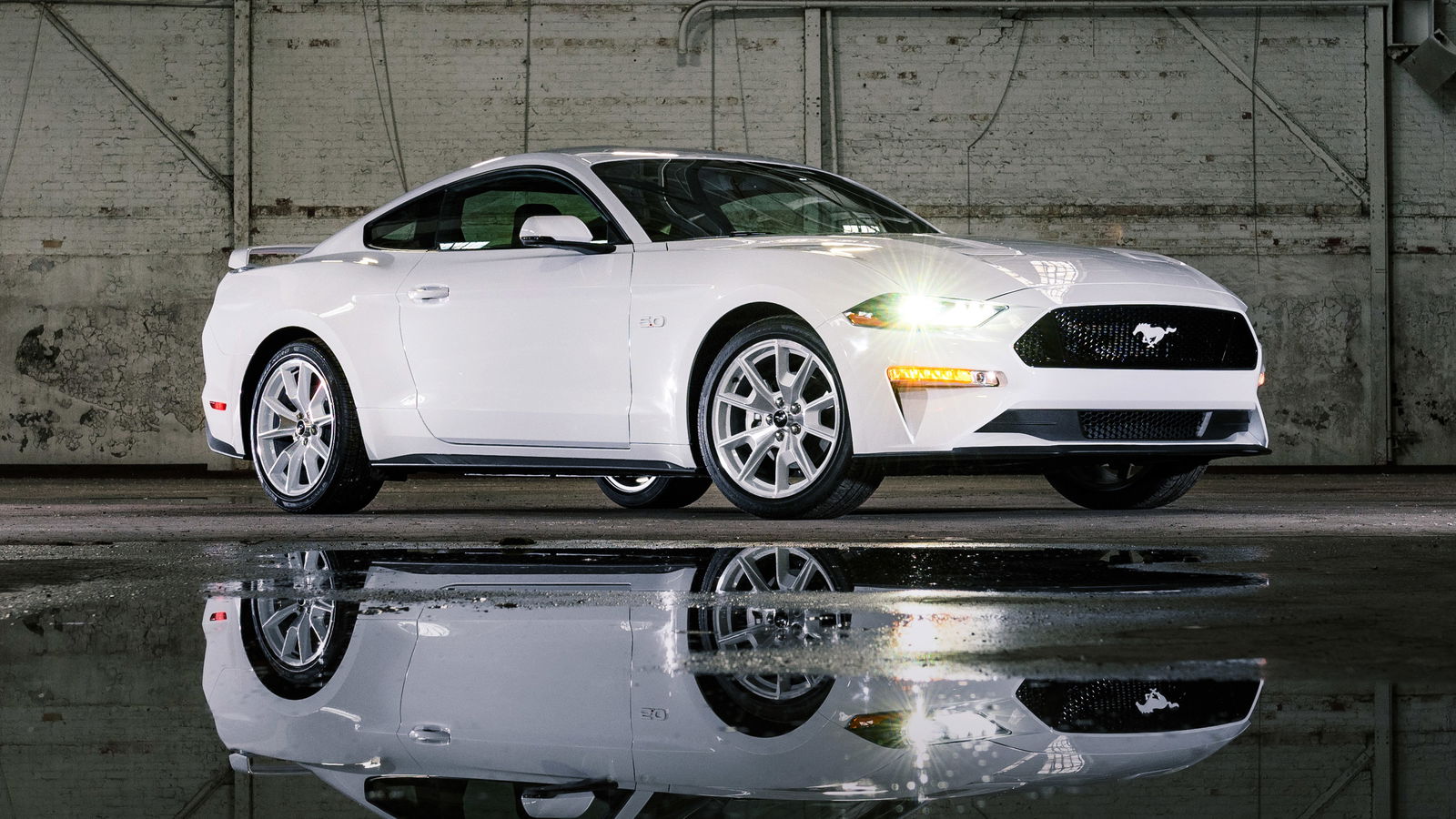
In the scramble to create greener alternatives to petrol and diesel cars, most automakers have jumped on electricity as the fuel of the future. Excitingly, however, Ford has just filed a patent for its own turbocharged, direct injection hydrogen-combustion engine that could save the Ford Mustang from losing its iconic V8 engine.
The issue with hydrogen is that it is very volatile, detonating more easily than petrol, which can be a serious issue if the exact mixture of air and hydrogen isn’t carefully balanced. Knock, knock? Who’s there? Engine detonation and damaged pistons.
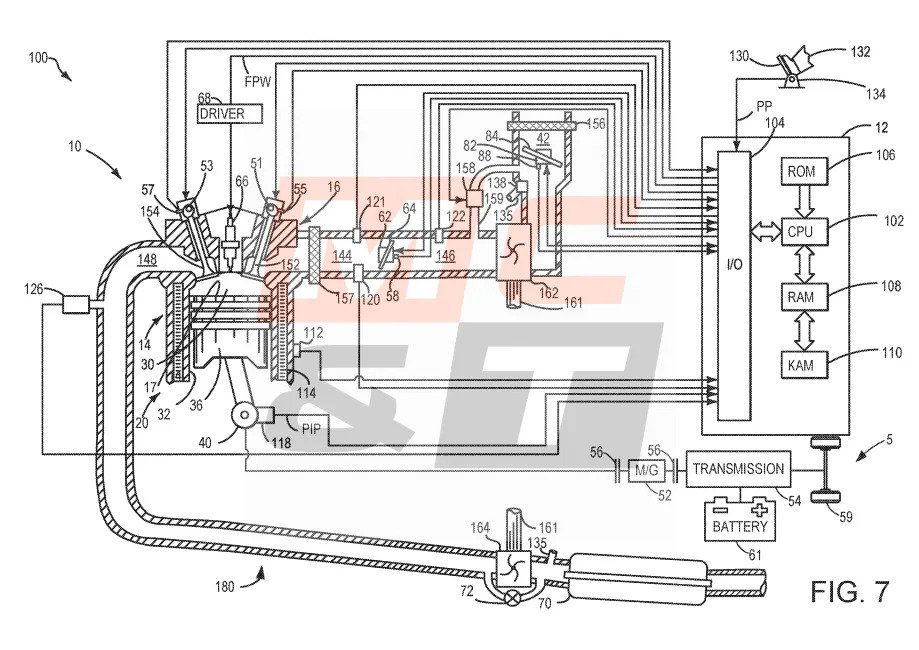
Ford’s patent is for a system that will specifically address the issue of engine knock by getting the perfect hydrogen to air ratio, so that it can ignite at precisely the right time. It uses a direct injection system for the fuel and a fully variable exhaust gas recirculation (EGR) system to regulate the air. Variable valve timing also plays a part in making sure the air-fuel mixture goes into the combustion chamber at the right time.
Currently, the design is for an individual cylinder, and is seen as part of a hybrid powertrain setup, so as of now there is not a complete design for a combustion engine, but there’s the possibility it could serve as the beating heart for future versions of the iconic Ford Mustang, Ford Focus RS or Ford GT. With another automotive giant Toyota also developing its own hydrogen combustion V8 engine alongside Yamaha, could this see a new wave of cleaner, V8-engined sports cars for future generations?
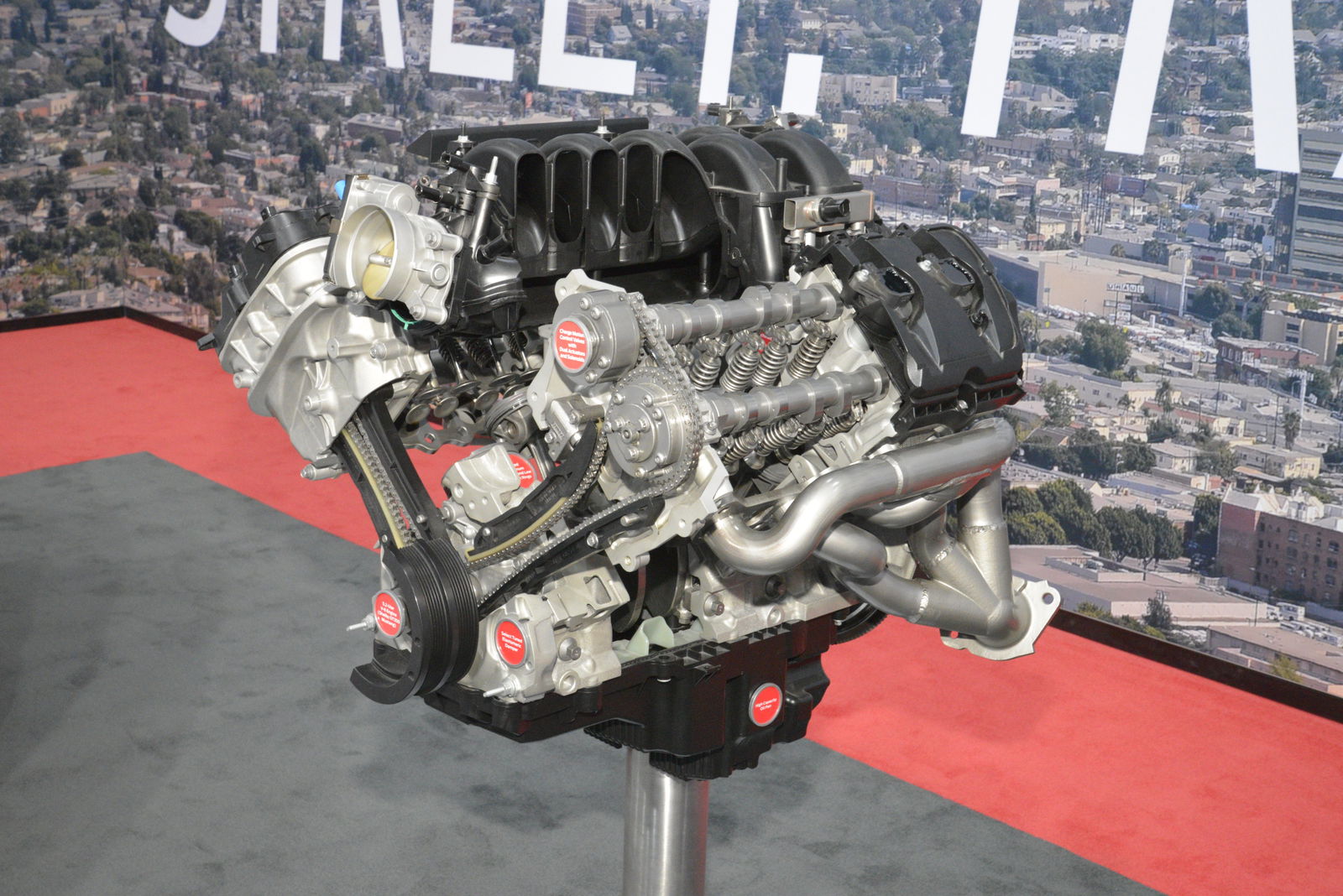
Hydrogen-combustion engined cars have quite a few hurdles to overcome before they are a viable alternative, such as the limited hydrogen fuel infrastructure, and the sheer amount of hydrogen needed to fuel these engines – prototypes require bulky fuel tanks.
With Ford’s history of revolutionising car manufacturing for the masses, it’s still very exciting news, so maybe the hydrogen-combustion engine, and thus turbochargers, variable valve timing, over one-hundred years of combustion-engine development and the sweet sound of thousands of tiny explosions coming out of an exhaust don’t have to be a thing of the past for every driver.
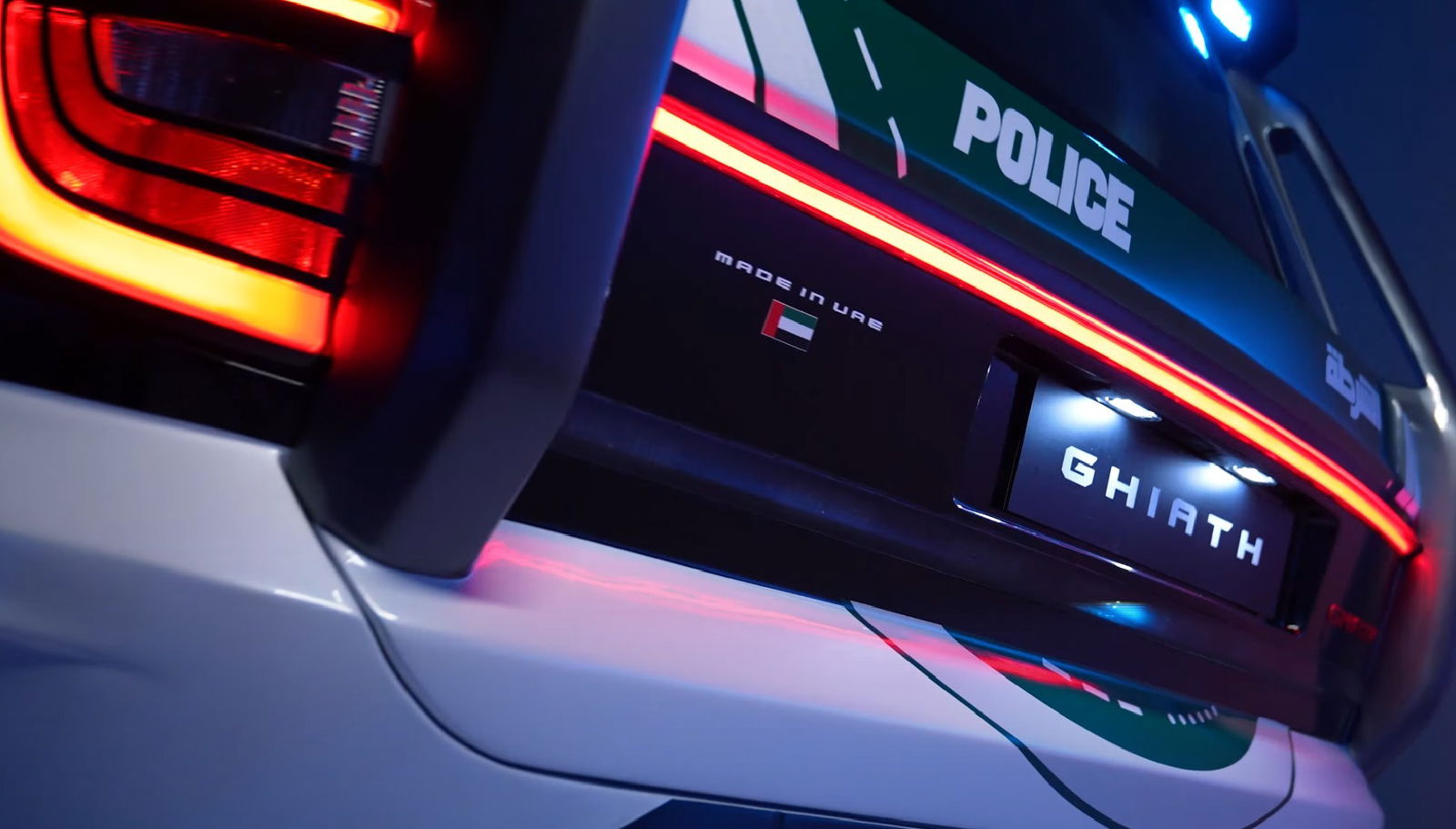
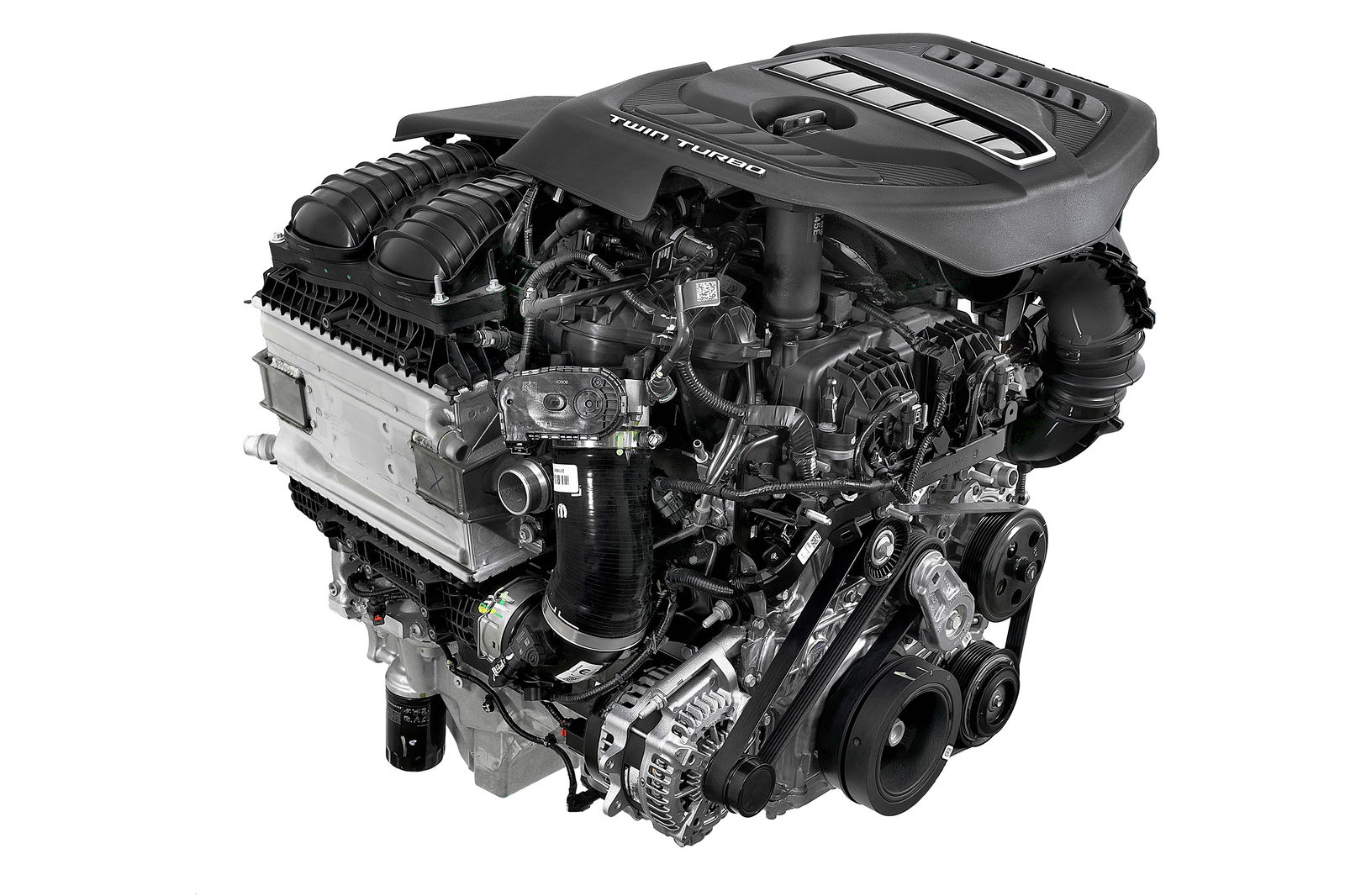






Comments